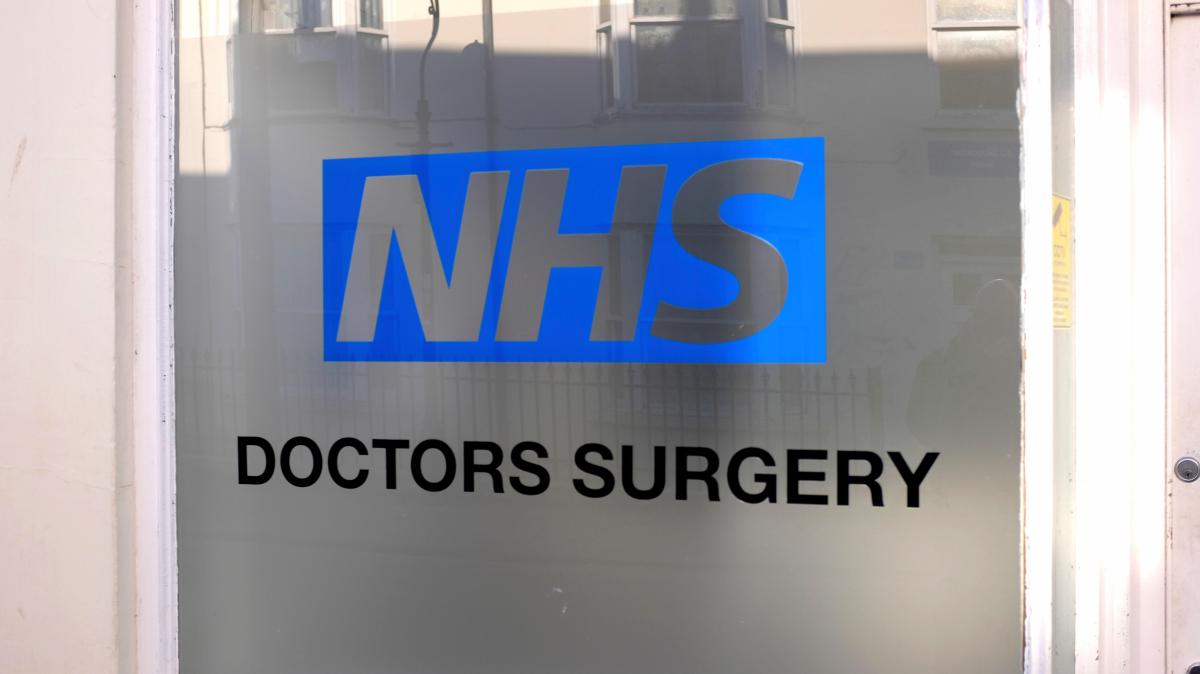Thousands of private GP practices have been shielded from the rising cost of providing gold-plated pensions for NHS workers thanks to a “hidden” financial arrangement.
The former Bank of England economist Neil Record has highlighted a quirk in the NHS pension scheme that means that private doctors’ surgeries have avoided paying an increase in staff contributions.
His discovery, which comes as some private schools have had to withdraw from the Teachers’ Pension scheme because of the soaring cost of keeping staff enrolled, has angered independent pension experts.
How does it work?
Employer contributions across public sector schemes rose from 14.3 to 20.6 per cent of salaries in April 2019, but some 7,823 NHS employers, predominantly private GP practices, have not borne this increased cost directly.
Instead, a “transitional measure”, which Record said appears to have become permanent and largely undisclosed, resulted in the taxpayer-funded NHS England paying the additional 6.3 per cent of salaries (and subsequently 9.4 per cent in 2024-25 when the rate rose to 23.7 per cent).
Record said: “The transitional protection given to NHS employers has become, de facto, permanent.”
This central payment amounted to approximately £6.6 billion in the last tax year. Record, who has been scrutinising the cost of public sector pensions for 25 years, said that this arrangement is not mentioned in the 2019-20 NHS pension accounts or any subsequent accounts.
Record said: “With the level of secrecy and obfuscation that allows important financial information to be so well hidden, how can we trust our elected politicians and their civil servants to tell us accurately — or even know accurately — where our money is going?”
In stark contrast, other public sector employers, including schools, have covered the increased employer contribution rates. For example, schools in the Teachers’ Pension scheme last year had to pay an increase in contributions from 23.6 to 28.6 per cent of pay, with no central funding mechanism to offset the increase.
Record says public sector pensions already cost taxpayers at least £54 billion a year. The unfunded nature of these schemes, he argued, “robs future generations for the benefit of today’s public sector workers”.
John Ralfe, an independent pensions consultant, said: “A large chunk of the employers’ contributions for NHS workers is not being paid by their private NHS employers, but seems to disappear through some conjuring trick.
“But the costs don’t magically disappear. Instead this more than £6 billion a year is being paid by the taxpayer, with increasing government debts being passed on to be paid by our children and grandchildren.”
David Luxton from the Civil Service Pensioners’ Alliance, a campaign group, said: “The contribution flexibilities in the NHS pension scheme do not apply in the Civil Service Pensions scheme, where the employer contribution rate has just increased to 28.7 per cent.”
The Department for Health and NHS England were approached for comment.
